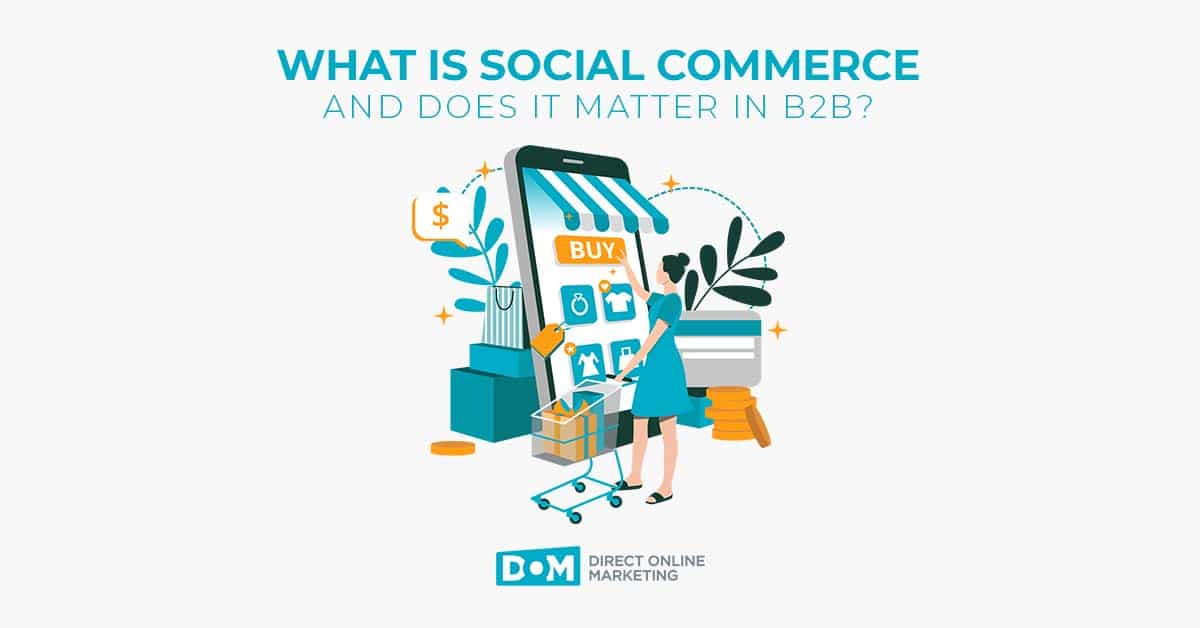Twice in the past four months my wife has found out close family members have died through facebook.
No, not due to excessive status updating, rather that’s where she first heard the news.
Maybe this is just part of modern life with large extended families, but it might be an idea to hold off on the digital call for prayers until you’re sure everybody has been informed.
Believe me, there’s a certain compounded level of shock and anger when finding out this kind of news in this kind of way.
Just a little bit of common sense wouldn’t go amiss.
But, being a bit hasty or thoughtless in updating your status is not a criminal offense.
Impersonating a celebrity for commercial gain without disclosure is.
The UK is following California’s lead in prosecuting and taking action against all forms of social media including blogs, twitter, facebook, etc. as well as other online publishing avenues preventing undisclosed impersonations, non-disclosed pay-per post/tweet and other social media tactics that can be perceived as being deceptive.
As specified in the US FTC Revised Endorsement Guides:
The revised Guides – issued after public comment and consumer research – reflect three basic truth-in-advertising principles:
• Endorsements must be truthful and not misleading;
• If the advertiser doesn’t have proof that the endorser’s experience represents what consumers will achieve by using the product, the ad must clearly and conspicuously disclose the generally expected results in the depicted circumstances; and
• If there’s a connection between the endorser and the marketer of the product that would affect how people evaluate the endorsement, it should be disclosed.
This covers all forms of endorsements whether as a tweet, status update, comment or post, and means all must be disclosed, or face bans and fines.
Remember, this only applies to California and the UK thus far.
Do you think this should be applied elsewhere or is it poorly thought out over regulation?
[via]


